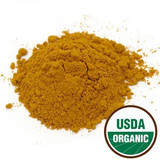There are no products listed under this category.


NuHerbs Lab Tested
Andrographis Herb (Chuan Xin Lian) - Cut Form 1 lb. - Nuherbs
Herbal Information for Andrographis Herb in Cut Form






















